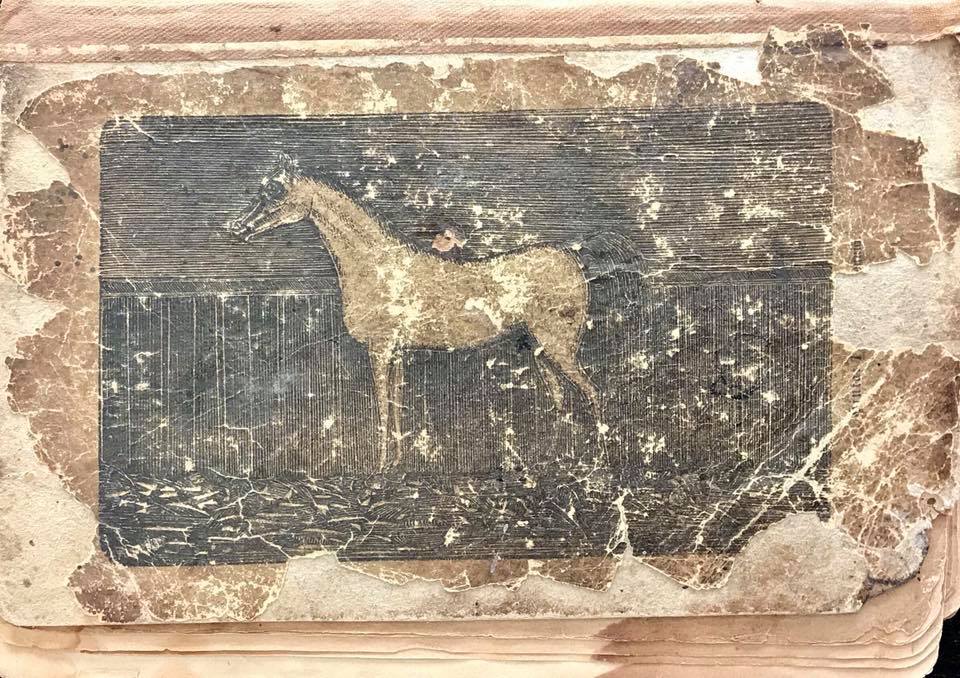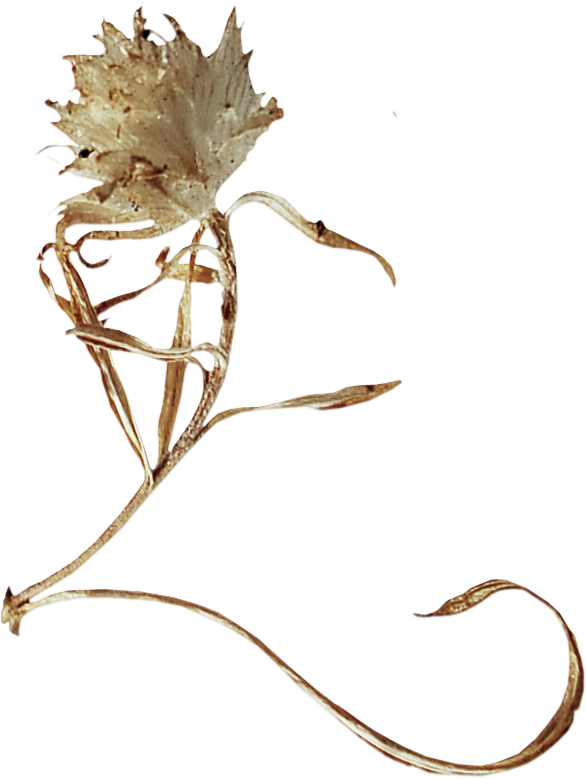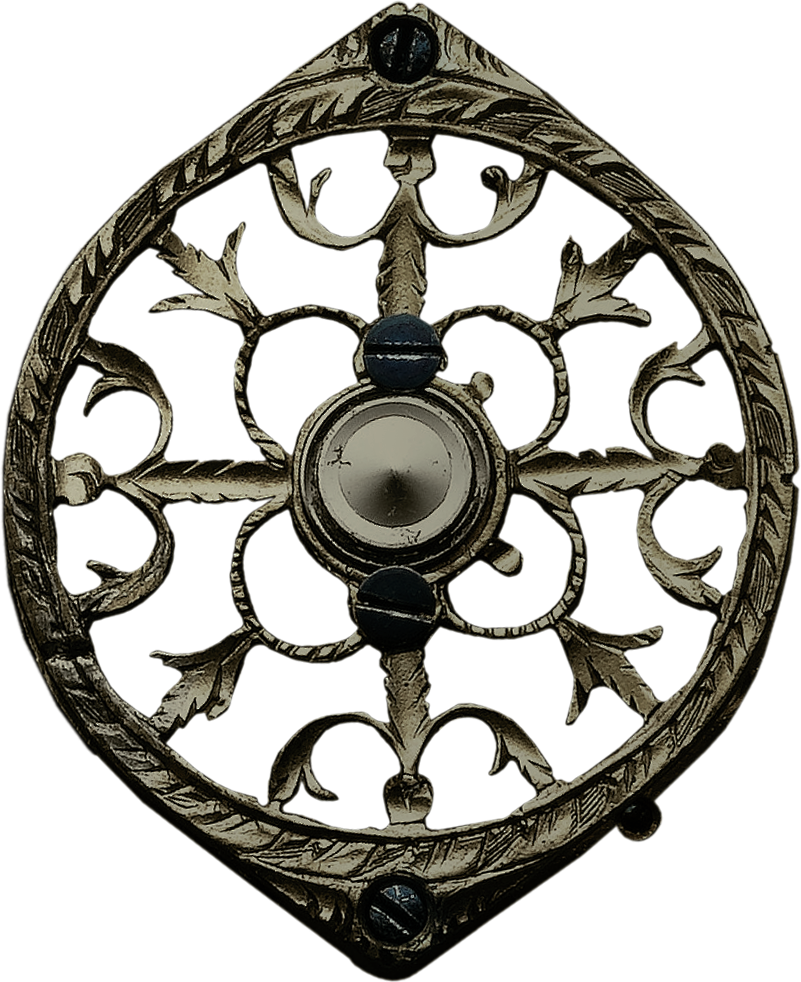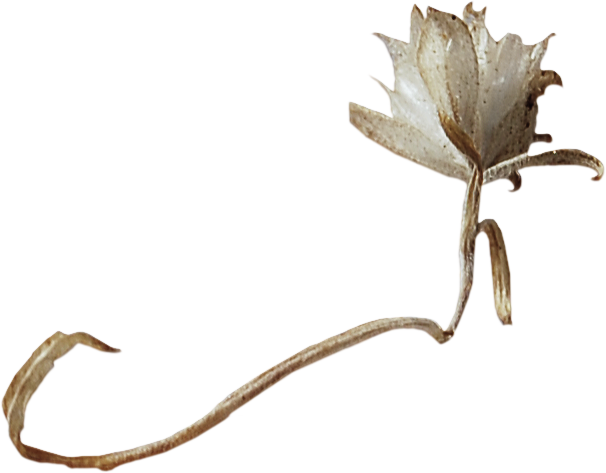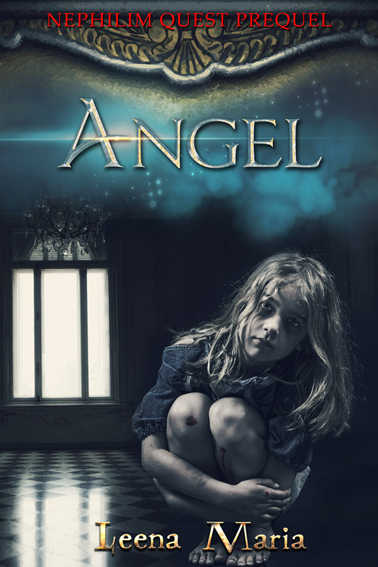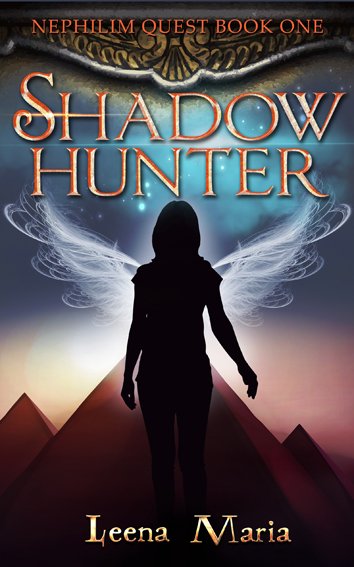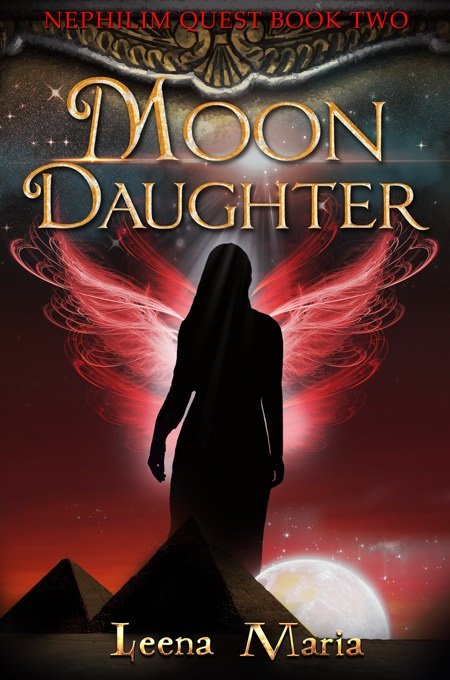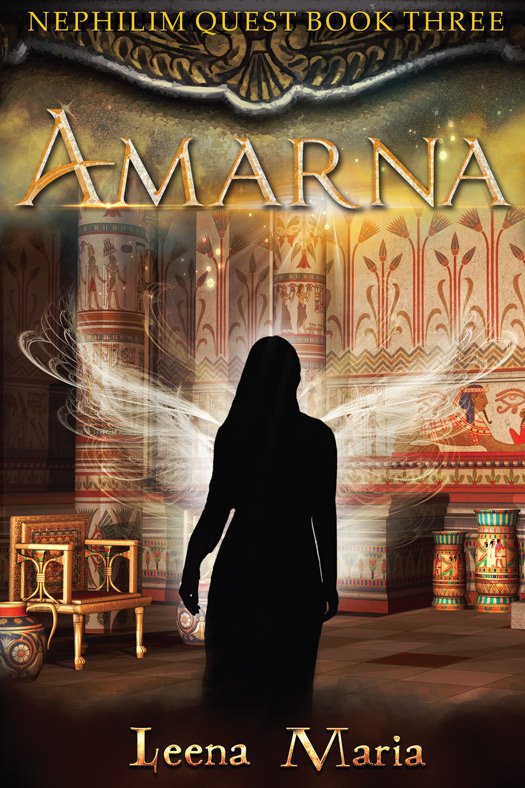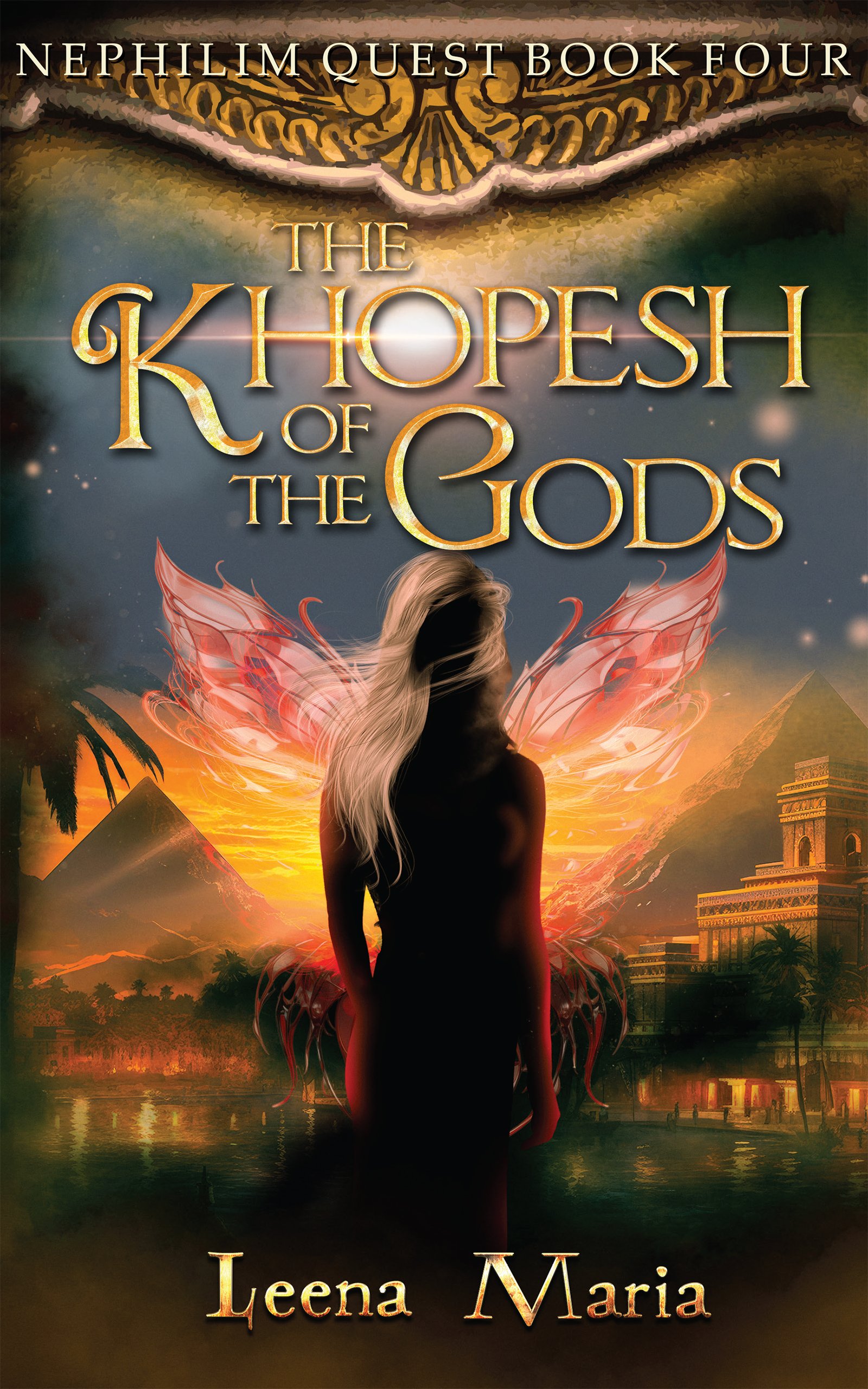|
|
Few horses are without worms; it's their great amount that are bad for a horse. Symptom of this is that he eats greedily at times, at times only a little, and at times not at all, is dry, thin and looks ruffled. Most of the times he looks melancholy, looks at his sides, gnaws and kicks himself as if there were flies or someone stung or tickled him. Often you can even see the worms. The remedy that helps in this ailment is as follows: Early in the morning give him less than 1/3 quart of water (see 1 ->) half an ounce + 8,4 scrubles of dried and chopped root of eagle fern (ormbunkem, Pteris aquilina) (see 2 ->). Two hours after this you give a ball that contains three ounces (see 3 ->) of aloe cabalina (horse aloe), one ounce (see 4 ->) of ox gall, and 1/3 ounce + 2 pennyweights (see 5 ->) of aethiops mineralis (buy from the pharmacy, black sulphide mercury). Into this mix as much honey or juniper perry jam as needed. If the worms won't leave the horse after one dose, repeat this every or every other day. This amount and the ball can be increased or decreased according to need. The longer the horse is without eating before and after the giving of this medicine, the better is the effect.
|
|
|
|
1) written as 1 "kortteli" = 0.327 l, quart = 0,946l, 1/3 of a quart = 0,315 l - close enough 2) written as 2 "luoti" = 26,56g. ½ ounce / 15.55 g + 8,5 x 1 scruple / 11g - one scruple being 1.296 g - = 26,55g 3) (kwintini = 91g. 1 ounce = 31,103g, 3 ounces = 93,3g. Close enough) 4) 1/2 "kwintini" = 30,5g, 1 ounce = 31,103 g, close enough 5) written as 1 "luoti" = 13,28 g. 1 ounce = 31,03 g, 1/3 = 10,34 g. 1 pennyweight = 1,555g, 2 pennyweights = 3,11 g, together 13,45 g, close enough
|
|
|
|
